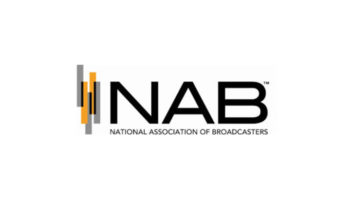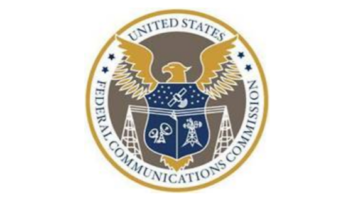The Federal Communications Commission says there’s nothing unreasonable about the time it is taking to conduct its 2018 quadrennial review of media ownership laws.
The commission is asking a federal appeals court to reject a petition from the National Association of Broadcasters that argued the opposite.
We told you in April that the NAB had gone to court to try to force the FCC to “expeditiously complete” its 2018 quadrennial review. NAB accused the commission of “a perpetual slow-roll” and asked how the FCC could proceed with its 2022 review when the 2018 one still hasn’t been completed.
Now the commission has filed a reply with the U.S. Court of Appeals for the District of Columbia Circuit. It says the NAB is asking for a “drastic” remedy that should be invoked only in extraordinary circumstances.
In making its case, the FCC first says that the commission has in fact taken a reasonable amount of time.
It noted that in September 2019, a federal appeals court had vacated its prior quadrennial review order, adopted in 2017, which had eliminated certain broadcast ownership rules. That case, “Prometheus Radio Project vs. FCC,” eventually went to the Supreme Court, which reversed the ruling in the spring of 2021. The commission says uncertainty during that time is one of the reasons so much time has elapsed.
“By the time the Supreme Court issued its decision, two years had passed since the close of the 2018 quadrennial review’s original comment period,” the FCC wrote. “At that point, the FCC reasonably decided to solicit supplemental comments to refresh the administrative record to take account of any relevant changes in the media marketplace.” It said it got almost 1,000 pages of additional comments and attachments in the ensuing months.
[Sign Up for Radio World’s SmartBrief Newsletter]
“Viewed against this backdrop, the commission’s failure to complete its 2018 quadrennial review to date does not involve egregious, or even unreasonable, delay.”
The commission also tells the court that Congress did not identify a specific deadline for FCC action. It also said the NAB request would intrude on the FCC’s discretion to order its own priorities.
It further argues that there has been no impropriety in its actions, despite what the broadcast association has implied.
“NAB suggests that ‘impropriety may be present here,’” the FCC wrote. “The commission, NAB hypothesizes, ‘stands to gain an unfair advantage’ by dragging its feet in the 2018 quadrennial review in order to ‘generate a more favorable record’ for an unspecified ‘preferred result.’
“In support of this insinuation, NAB offers only sheer speculation. And the facts surrounding the 2018 quadrennial review do not lend credence to NAB’s implication of impropriety.”
The FCC also indicated that it “has no intention of either ‘skipping’ the 2018 review or merging it into the 2022 review.”
You can read the filing here.
Three ownership rules are subject to the quadrennial review: the local radio ownership rule, which limits common ownership of multiple broadcast radio stations in the same market; the local television ownership rule, which limits common ownership of multiple broadcast television stations in the same market; and the dual network rule, which effectively prohibits mergers between or among the four highest-rated broadcast TV networks nationwide (ABC, CBS, Fox and NBC).







